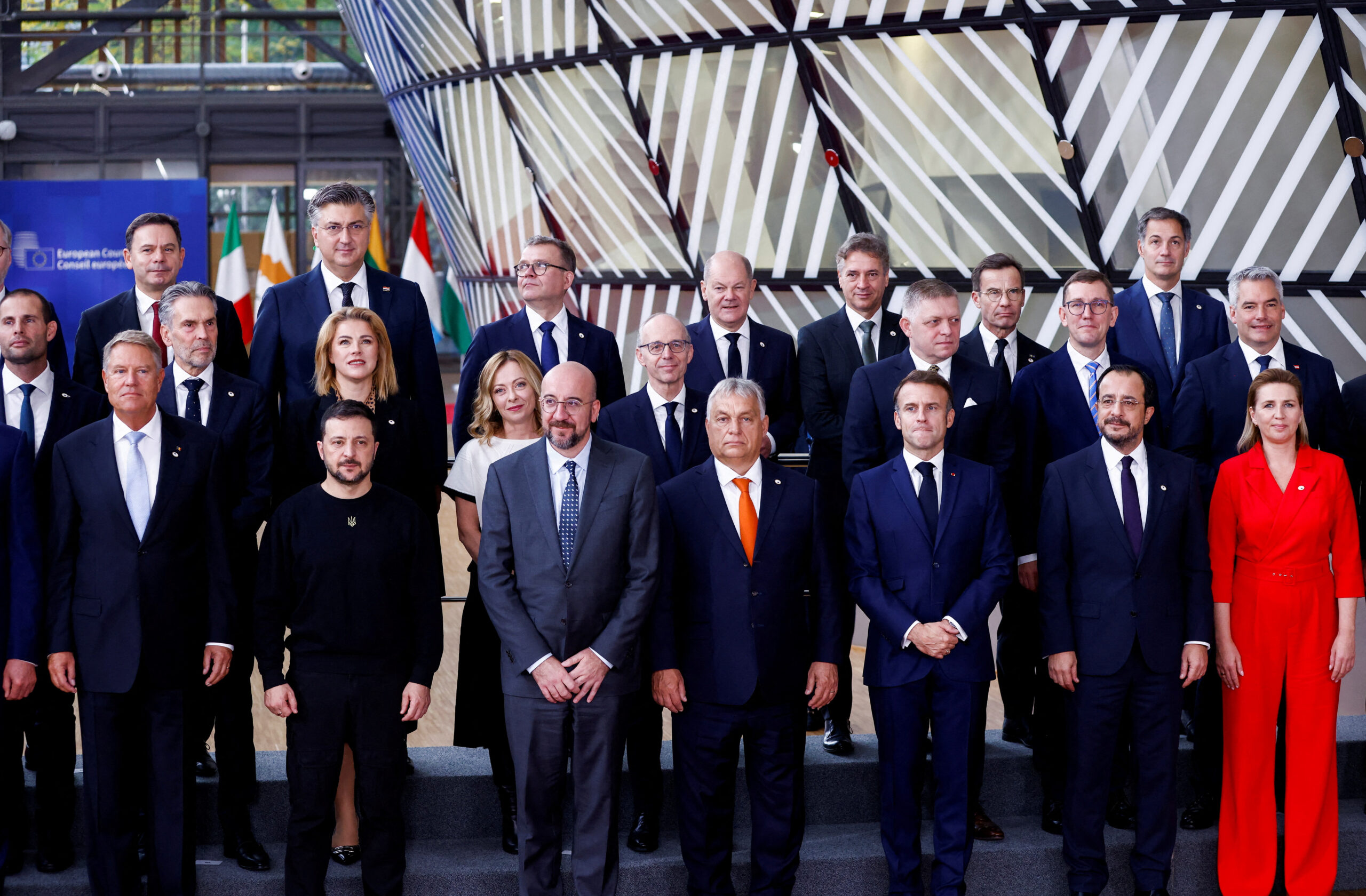
European leaders have pledged to retaliate against the Trump administration’s recent imposition of tariffs on imported steel and aluminum. The decision, announced last week, has been met with widespread condemnation from EU officials, who deem the tariffs unjustified and detrimental to international trade relations. The escalating tensions threaten to ignite a trade war, with possible repercussions for economies on both sides of the Atlantic.
The Trump administration’s tariffs, set at 25% for steel and 10% for aluminum, have been framed as a move to protect American industries from what they describe as unfair competition from foreign producers. However, EU leaders argue that the measures violate World Trade Organization (WTO) rules and are counterproductive to global economic stability.
European Commission President Ursula von der Leyen expressed her discontent, stating, “These tariffs are not just a threat to European jobs; they undermine the principles of fair trade. We will respond decisively.” The EU is considering a range of countermeasures, including retaliatory tariffs on key American exports such as bourbon and motorcycles.
In response to the tariffs, France’s Finance Minister Bruno Le Maire emphasized the need for a united front, saying, “European unity is essential in the face of these unjustified tariffs. We will not back down.” Germany, the largest economy in Europe, is also preparing to support retaliatory measures, with Chancellor Angela Merkel calling for a coordinated response among EU nations.
The impact of these tariffs is expected to be felt across various industries, potentially leading to increased prices for consumers and disruptions in supply chains. Experts warn that if a trade war escalates, it could result in significant economic fallout for both Europe and the United States.
Trade analysts suggest that the best path forward would be for the Trump administration to engage in dialogue with European leaders to address their concerns and seek a mutually beneficial resolution. However, the current political climate appears to be increasingly polarized, making diplomatic negotiations challenging.
The imposition of tariffs on steel and aluminum by the Trump administration has sparked a strong backlash from European leaders, who are prepared to retaliate in defense of fair trade practices. As tensions rise, the potential for a trade war looms, threatening economic stability on both sides of the Atlantic. The situation underscores the need for collaborative dialogue to resolve the issue before it escalates further.





















